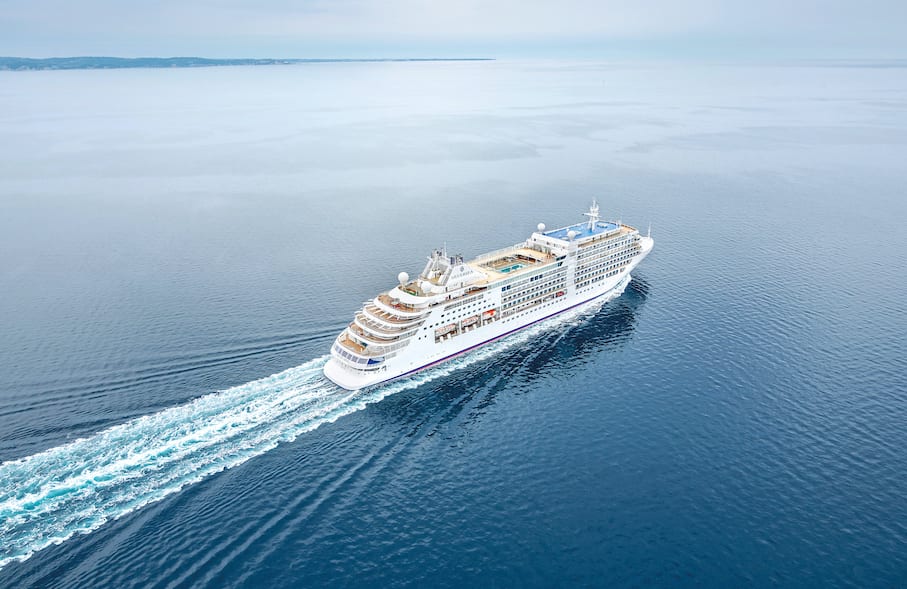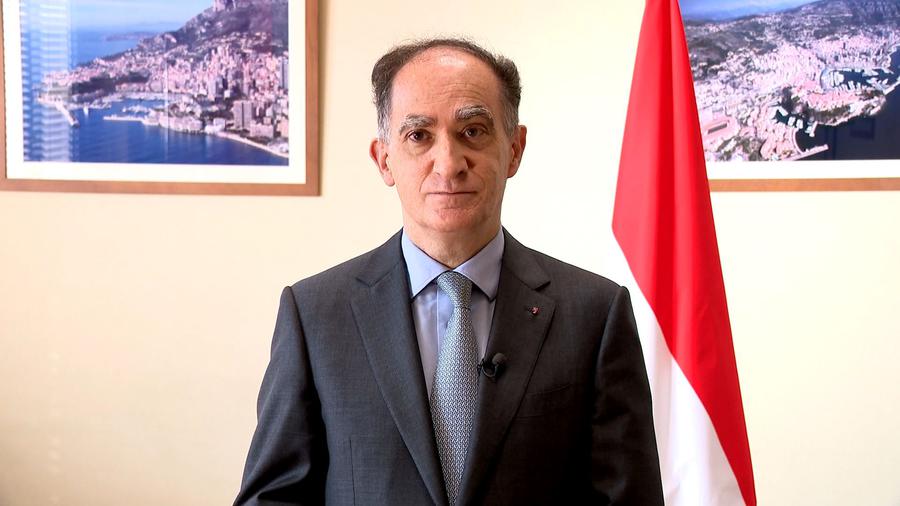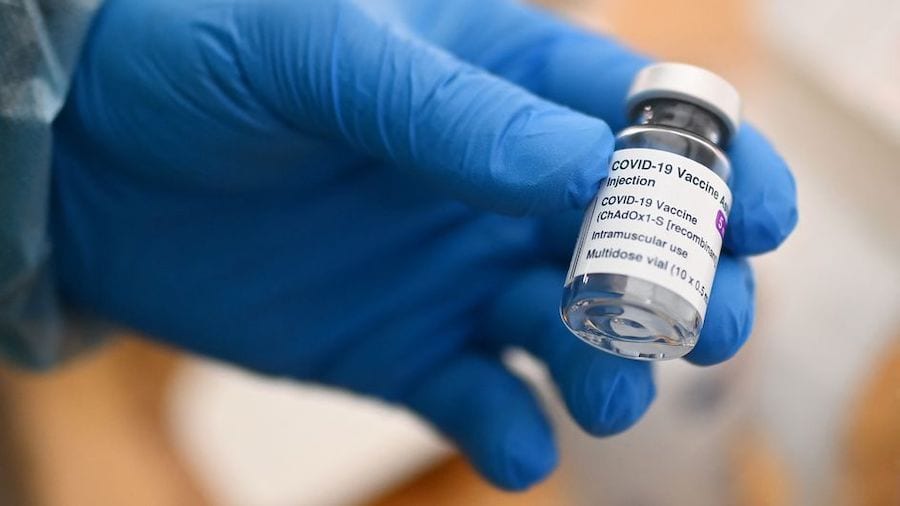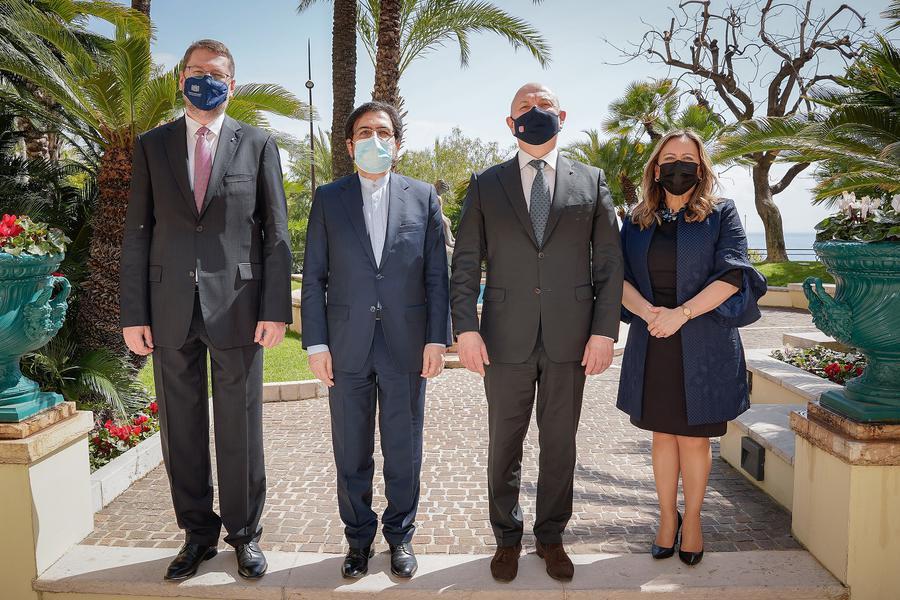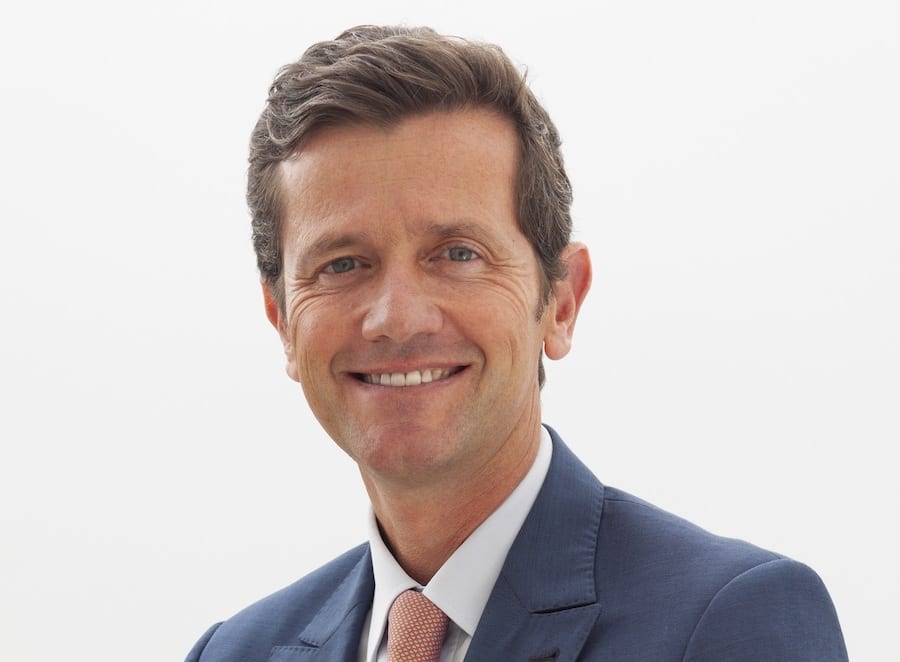Luxury cruise line Silversea Cruises, headquartered in Monaco, has announced that it will return to service in June with a fully vaccinated crew and guests. The health measure is increasingly being adopted by cruise lines across the globe as the industry battles for its recovery.
America’s Centres for Disease Control and Prevention issued long-awaited technical guidance for cruise lines on Friday, bringing them one step closer to sailing again, particularly in U.S. waters.
It said that vaccination is critical in the safe resumption of cruising and it recommended all eligible port personnel, crew and passengers get a Covid-19 vaccine as soon as one becomes available to them.
But like many of its European counterparts, Silversea Cruises has gone one step further, making vaccination mandatory for both crew and passengers.
The company will set sail from 18th June with Silver Moon, the cruise line’s new flagship, for 10-day itineraries to the Eastern Mediterranean from Greece.
“Our guests share our excitement for our eagerly-anticipated healthy return to service. In recent months, we have seen the cruise industry resume responsibly in destinations around the world and we are delighted to announce these new inaugural sailings for our flagship,” says Roberto Martinoli, President and CEO of Silversea Cruises. “Vaccinations will play a critical role in ensuring the health and safety of our guests, crew, and the communities we visit, which we prioritise above all else.”
Norwegian Cruise Line, one of the industry’s biggest operators, said Monday that it will resume sailing in Greece, Jamaica and the Dominican Republic in July with mandatory vaccinations for all crew and guests. During a press conference this week, President and CEO Harry Sommer said vaccines paired with multi-layered health and safety protocols meant the chances of an outbreak on a ship was “astronomically low”.
Silversea Cruises also says the vaccinations will form part of a comprehensive, multi-layered set of science-backed protocol approved by the Royal Caribbean Group’s Healthy Sail Panel, and that it will continue to work closely with relevant governing bodies and health authorities to evolve its health and safety procedures, as new health recommendations are issued and as the fluid situation advances.
The protocol includes enhanced sanitation procedures, increased air filtration, high-quality onboard medical care with state-of-the-art medical equipment, and enhanced medical teams on each ship.
Cruise ships across the globe have been docked for over a year because of the pandemic and many can only restart operations by following the CDC’s Framework for Conditional Sailing Order.
Other lines to announce mandatory vaccinations include Saga Cruises, Royal Caribbean, Crystal Cruises, Virgin Voyages, and P&O Cruises.
READ ALSO: Completing a cruise ship during Covid
Photo by Fiippo Vinardi
100% vaccinations for cruise crew and guests
